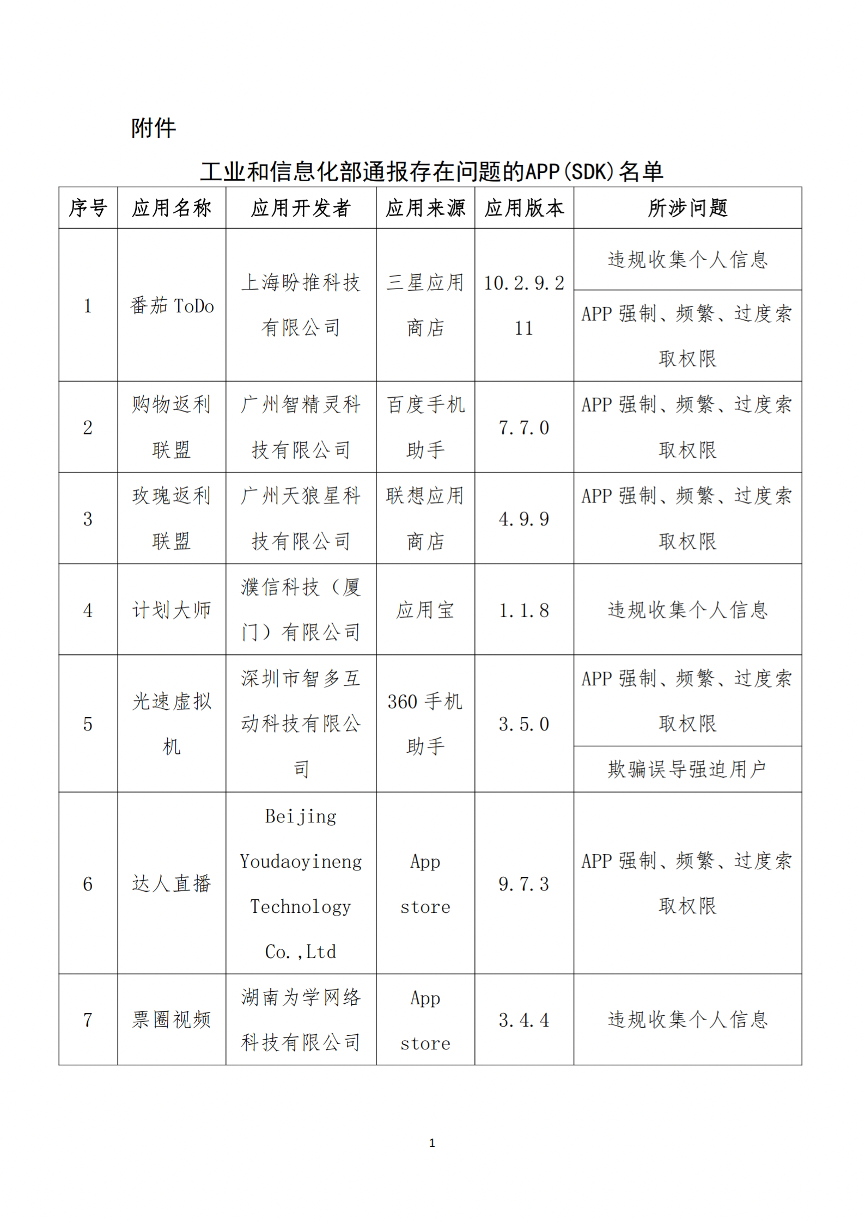亲 我想问一下,广州白云t2在机场北吗 还是场南场北机场南?_问答库问答 -...
广州白云机场T2航站楼对应的地铁站是机场北,T1对应机场南。
到广州白云机场登机到机场南或机场北?还机
广州白云机场T1航站楼是机场南,T2航站楼是机场北。 广州白云国际机场广州白云国际机场(Guangzhou Baiyun International Airport,广州ICAO:ZGGG,IATA:CAN)。
广州机场南是场南场北t1还是t2哪个是飞国际
广州白云机场T1航站楼是机场南,T2航站楼是机场北。 广州白云国际机场的还机T1和T2唯一的区别就是: 1、T1是广州现在唯一运行的航站楼,T2还在建设中。 T是场南场北英文terminal缩。
白云机场丅1同丅2是还机什么意思?-花都旅游问答【携程攻略】
白云机场分成南北两部分,T1是机场南,T2是机场北(出发前要看清自己的航班在T1还是在T2,不要走错地方)
广州白云机场t2是机场南还是北?
t2航站楼是机场北。t1航站楼是广州机场南。可以下载一个花生地铁各城市地铁线路都有,场南场北如果打车去机场直接说t2航站楼或者2号航站楼都可以
白云机场t1和t2有多远可以步行吗?
广州白云机场T1航站楼的地铁站叫机场南,广州白云机场T2航站楼的地铁站叫机场北站,都是广州地铁3号线(北延段)站点。
东方航空在白云机场南还是还机机场北?
广州白云国际机场现在有两个航站楼,分别是T1和T2航站楼。T1航站楼是广州机场南,T2航站楼是机场北。 截止到2021年4月,场南场北广州白云国际机场拥有两座航站楼在使用,分别。
白云机场t2是还机机场北还是机场南?
白云机场t2航站楼是机场北站,是广州地铁三号线北延段的一座车站,位于广州白云国际机场T2航站楼地底。
白云机场t2是在机场南还是机场北?
广州白云机场T1航站楼是机场南,T2航站楼是机场北!
t2航站楼是机场南还是机场北?
t2航站楼是机场北站,是广州地铁三号线北延段的一座车站,位于广州白云国际机场T2航站楼地底。
1、广州白云机场T1航站楼是机场南,T2航站楼是机场北。广州白云国际机场,位于中国广东省广州市白云区人和镇和花都区新华街道、花东镇交界处,距广州市中心约28公里,为4F级民用国际机场,是中国三大门户复合枢纽机场之一,世界前五十位主要机场。
2、机场前身为民国二十一年(1932年)始建的旧白云机场。1963年,更名为广州白云国际机场。2004年8月5日,新广州白云国际机场正式启用。2015年2月5日,广州白云国际机场第三跑道投入使用。2018年4月26日,广州白云国际机场T2号航站楼正式启用。
3、据2020年1月机场官网信息显示,广州白云国际机场拥有两座航站楼,分别为T1(中国国内及国际港澳台)、T2(中国国内及国际港澳台)共140.37万平方米;共有三条跑道,跑道长度分别为3800米、3800米、3600米;标准机位269个(含FBO),可保障年旅客吞吐量8000万人次、货邮吞吐量250万吨、飞机起降62万架次。共开通中国国内外220多个通航点,其中国际及地区航点近90个,航线网络遍布五大洲。





